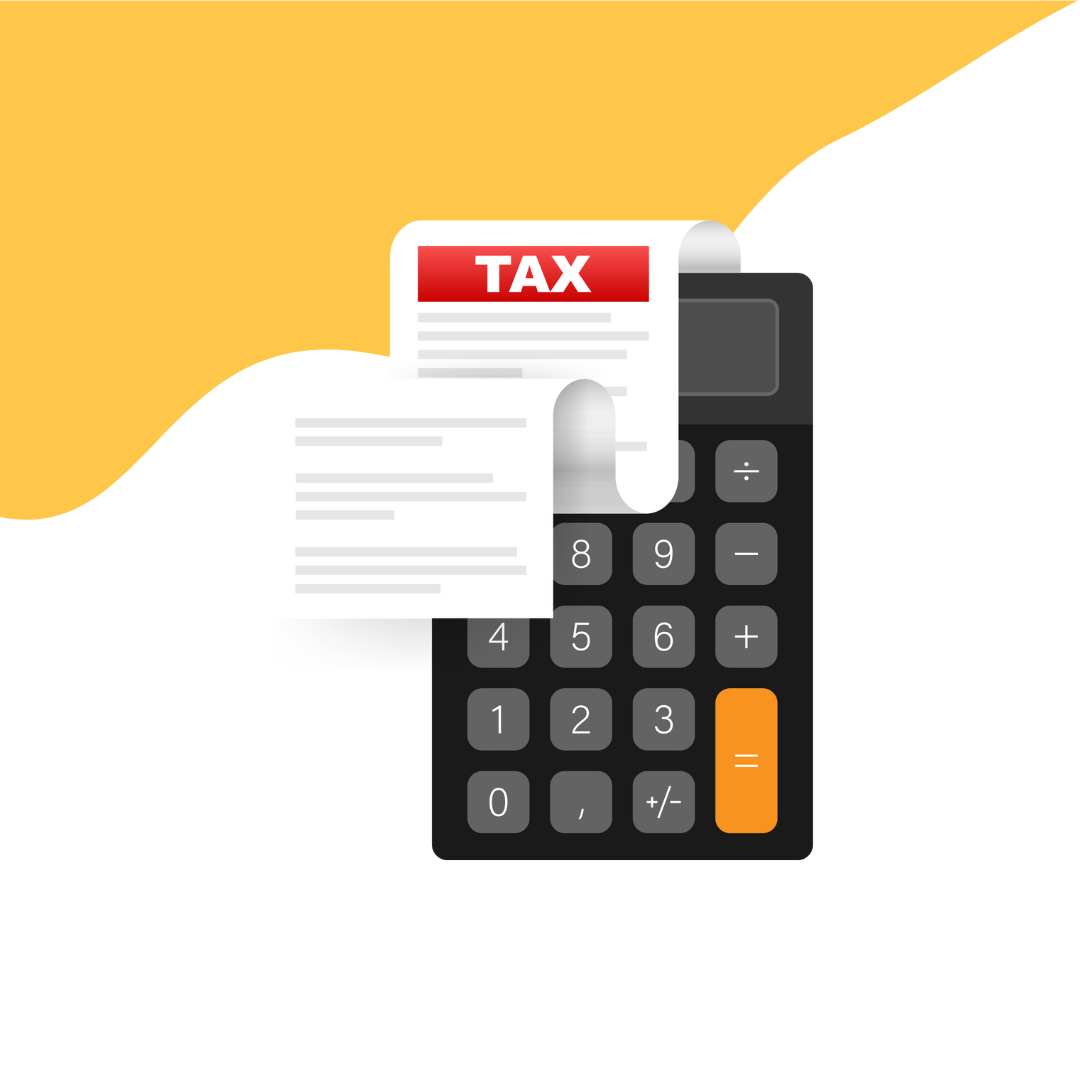New VAT Rules for Voluntary Carbon Credits: Impact on Self-Employed and Small Businesses
HMRC is changing the way Value Added Tax (VAT) applies to voluntary carbon credits (VCCs) starting September 1, 2024. Here's a breakdown of the changes and how they might affect self-employed individuals and small business owners involved in the carbon credit market.
What are Voluntary Carbon Credits (VCCs)?
VCCs are tradable certificates representing the removal or reduction of one tonne of carbon dioxide or equivalent greenhouse gases from the atmosphere. Businesses and individuals can buy VCCs to offset their carbon footprint.
Changes to VAT Treatment of VCCs
Previously, VCCs were exempt from VAT. However, HMRC recognises the emergence of a secondary market for VCCs and their incorporation into business activities. As a result, most VCC sales within the UK will now be subject to standard VAT from September 1st.
Impact on Self-Employed and Small Businesses
Potential Cost Increase: For businesses generating and selling VCCs, this change could mean an increase in VAT costs.
Administrative Burden: Businesses may need to adjust their accounting procedures to handle VAT on VCC transactions.
Activities Still VAT-Exempt
The first issuance of a VCC by a public authority.
Holding VCCs as an investment without any economic activity.
Donations to VCC projects.
Sales of VCCs from unverified or self-assessed projects.
Uncertainties Remain
The VAT treatment of "pending issuance units" (PIUs), biodiversity net gain credits, and nutrient credits is still under review.
How past VCC transactions (before September 1, 2024) will be treated for VAT purposes remains unclear.
Overall
The change in VAT rules brings some needed clarity for the VCC market but also introduces new complexities. Self-employed individuals and small businesses involved in VCCs should stay informed about further guidance from HMRC regarding these uncertainties.



